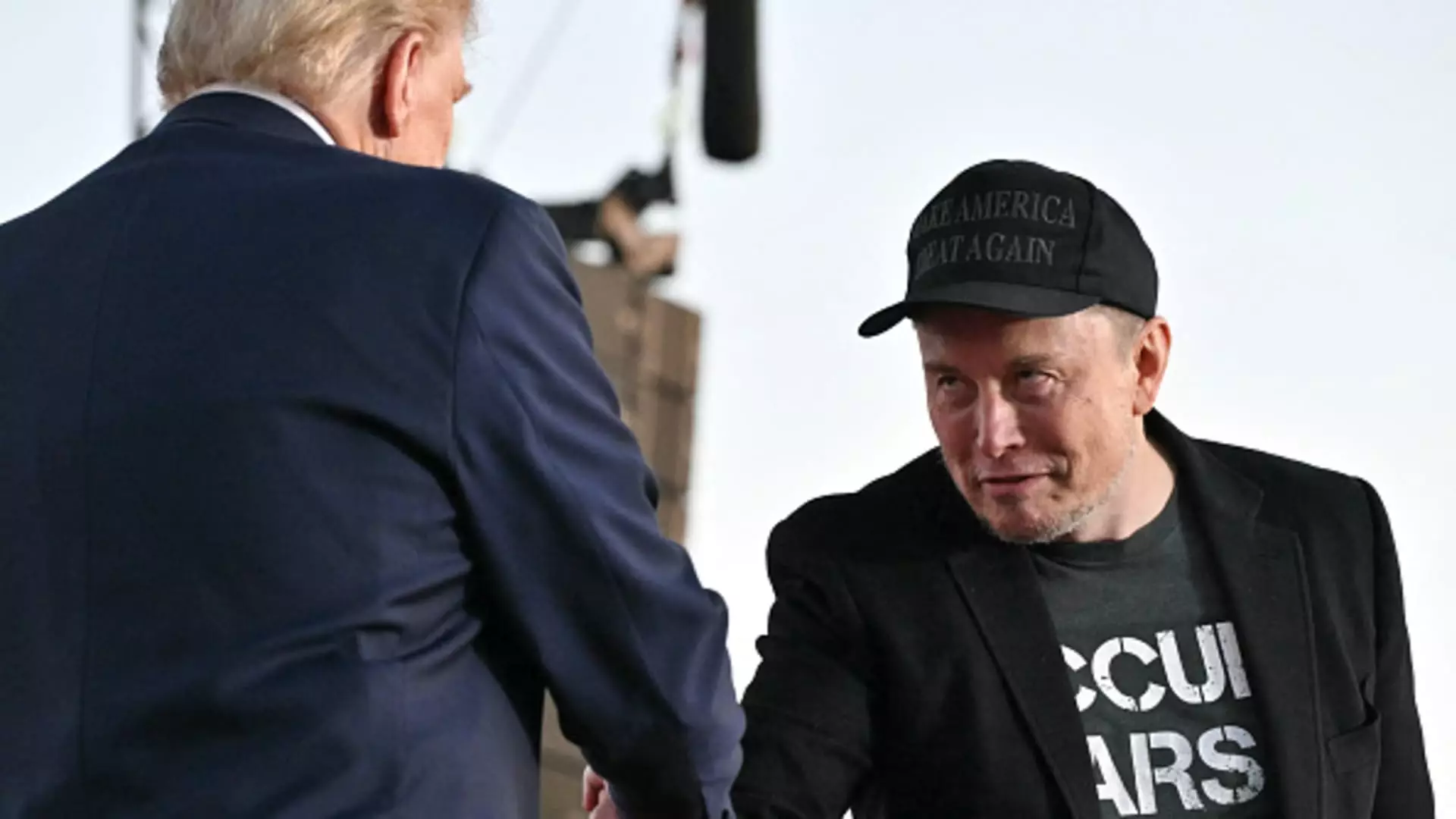The intersection of politics, economics, and technology is often illuminated by the public statements of influential figures. Recently, Elon Musk, the CEO of Tesla and SpaceX, attracted attention with his endorsement of a controversial notion: allowing the sitting president to exert influence over Federal Reserve policies. This move, fueled by a social media interaction with Sen. Mike Lee of Utah, signals a potential shift in the traditional boundaries of Fed independence and raises crucial questions about the implications of this newfound advocacy from high-profile individuals.
Historically, the Federal Reserve has operated with a significant degree of independence, a principle designed to insulate monetary policy decisions from the fluctuating tides of political pressure. The primary goal of this independence is to ensure that decisions regarding interest rates and other monetary measures are based on objective economic indicators rather than the whims of political figures. However, the last presidential term under Donald Trump has already seen challenges to this convention, with public criticisms directed at Fed Chair Jerome Powell and an explicit desire from Trump to exert more control over economic policies.
In the backdrop of Musk’s endorsement, this tension appears to intensify. The sentiment underscores a potential shift in how economic policy is perceived within the upper echelons of American leadership. As influential figures like Musk lend their voices to ideas traditionally viewed as radical, it prompts other leaders and segments of society to reconsider their stance on the Fed’s role and governance.
The call to “End the Fed” symbolizes a growing movement among certain political spheres that advocate for a significant reevaluation of the Federal Reserve’s foundational purpose. In his social media engagement, Musk’s use of the “100” emoji suggested not just agreement but also an urgency in pursuing this direction of thought. It reflects an emerging dynamic where business and technological leadership intersects with political ideology—setting the stage for a potential reshaping of governance structures.
Moreover, Trump’s historic relationship with the Fed merits reflection. Previous statements by Trump during his presidency hinted at a desire for more presidential influence over monetary policy, an approach that stands at odds with the conventional understanding of the Fed’s operational independence. As Trump re-enters the political arena with a renewed focus on economic strategy, these sentiments may gain traction among his supporters and reinforce a populist narrative against established economic norms.
Should this discourse continue to gain momentum, the implications for the Federal Reserve and U.S. monetary policy could be profound. One potential outcome may be legislative changes that could reshape the governance structure of the Fed itself, aligning it more closely with executive influence. This meddling could undermine the principles of economic stability that the Fed has worked hard to maintain.
Elon Musk’s endorsement of presidential oversight over the Fed, along with Trump’s historical flirtation with such ideas, poses meaningful questions about the future of U.S. economic policy. As the lines between political leadership and monetary governance become increasingly blurred, it is vital to critically evaluate both the intent and potential consequences of this evolving relationship, recognizing the possible shifts in power dynamics that may emerge in American economic discourse.

Leave a Reply